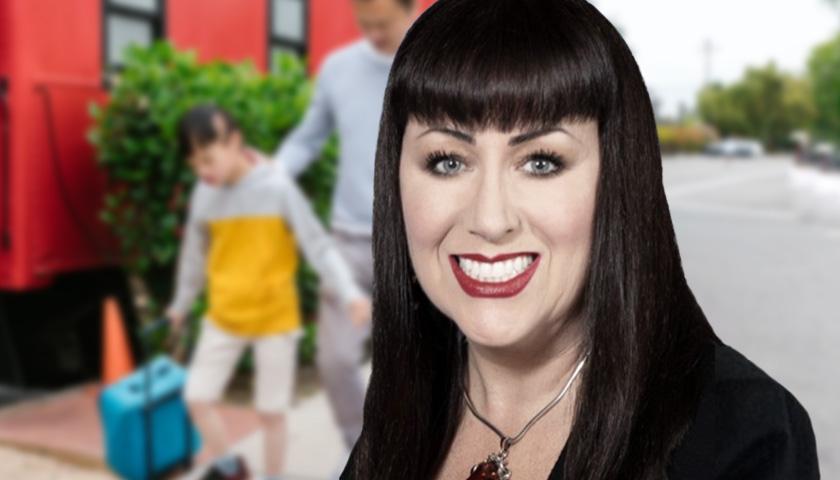A Senate bill (SB) from Arizona State Senator Justine Wadsack (R-Tucson), which aims to provide better protections for children with disabilities and allow parents to retain custody without enduring lengthy and potentially expensive legal processes, passed through the Senate Tuesday.
“This is a human bill, not a partisan bill, and something needs to be done to address this gross abuse of power. It’s time to put the onus of the process in the hands of the one state agency intimately involved in the parents’ and children’s lives, DDD [Division of Developmental Disabilities],” Wadsack said in a statement released Monday promoting the bill.
FOR IMMEDIATE RELEASE: Senator @Wadsack4Arizona Continues to Fight for Children with Disabilities ⬇️ pic.twitter.com/zKbPoeTbWO
— AZSenateRepublicans (@AZSenateGOP) March 20, 2023
The DDD is an entity within the Arizona Department of Economic Security (ADES) tasked with providing support to individuals diagnosed with autism, cerebral palsy, epilepsy, down syndrome, or any other cognitive disability. The division serves over 50,000 Arizonans annually. However, Wadsack explained that when a child with disabilities turns 18, their parents automatically lose guardianship, and parents must go through a legal process to maintain their status.
In Arizona, guardianship allows someone, be it a parent or otherwise, to act in the best interests of someone incapable of doing that themselves. As described by Az Court Help, if someone wants to be the legal guardian of an incapacitated adult, they must submit a petition to the county superior county they reside in. The court must determine if the incapacitated person cannot care for themselves. The judge typically assigns an investigator to interview the people in the living situation and an examiner from the appropriate medical field to examine the incapacitated person.
“The way the system currently works, parents automatically lose guardianship of their child with disabilities when they turn 18,” said Wadsack. “This forces parents to go through a costly, invasive, and lengthy process of hiring an attorney, just to keep guardianship of their own child. This is detrimental to both parents and children; meanwhile third-party organizations are benefitting from this.”
However, should Wadsack’s new bill, SB 1411, become law, it may rework this process and make it easier for the parents to retain guardianship. When the child turns 18, if the parents want to remain guardians and their child agrees, the parents will automatically retain their status without having to go through the courts. However, if the disabled person wishes for someone else to be their guardian, then their choice takes priority. If the parents disagree with the child’s choice, then they can rely on legal counsel to determine what is best for the individual.
Additionally, if the person cannot express who they desire as a guardian due to their disability, then their parents will decide for them. The ADES is also required to start determining who will act as the person’s guardian when they are still 17.
Initially, the bill stated that parents would automatically become the child’s guardians after their 18th birthday, but it was amended so the child could have a say in the matter.
“This is not an automatic guardianship for all kids either, there are different layers which will ALWAYS error on the side of the child/ member receiving DDD services,” Wadsack said.
Ultimately, the bill passed through the Senate on partisan lines and moved to the House for further action.
– – –
Neil Jones is a reporter for The Arizona Sun Times and The Star News Network. Follow Neil on Twitter. Email tips to [email protected].
Photo “Justine Wadsack” by AZ Senator Justine Wadsack. Background Photo “Disabled Child” by RODNAE Productions.





